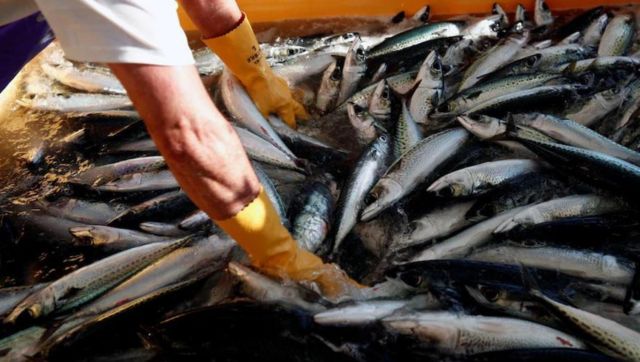Is Japan losing its seafood business? Appears so, as its biggest importer China has decided to halt purchases of edible items after Tokyo started releasing treated radioactive water from its crippled Fukushima nuclear plant into the sea. Vowing to take “all necessary measures”, Chinese customs, on Friday, said ban on the imports of food from about one-fifth of Japanese prefectures will remain in effect for safety reasons. In a statement, Chinese customs said it would strictly review the documents for food, especially aquatic products, from other parts of Japan. This includes extending a ban on imports from 10 Japanese prefectures, including Fukushima, while also deciding to fully screen all shipments from other regions, instead of just spot checking, amid concerns of residual nuclear contamination. A high level of vigilance will also be maintained, the General Administration of Customs said, adding that it will “take absolute responsibility to domestic consumers as the principle”. China said it would further strengthen the detection and monitoring of radioactive substances to ensure the safety of food imported from Japan in banning food from 10 prefectures. Why is China wary about importing seafood from Japan? China has become more cautious after the UN nuclear watchdog, earlier this week, gave Japan the green signal to commence discharging more than a million metric tons of water used to cool the plant’s fuel rods after it was wrecked by a 2011 tsunami. The decision to release water from the Fukushima plant has faced flak from the Opposition at home and abroad despite assurance from Japan that it is safe after being filtered to remove most isotopes. However, this restriction is not for the first time. China first placed a ban on food imports 12 years ago when it restricted 10 Japanese prefectures following meltdowns and releases of radioactive materials at the Fukushima nuclear power plant in March 2011. With inputs from agencies
Umang Sharma is a media professional with over 12 years of experience. Crafting compelling content and using storytelling techniques are his strengths. His interest lies in national, global, political news and events.
)